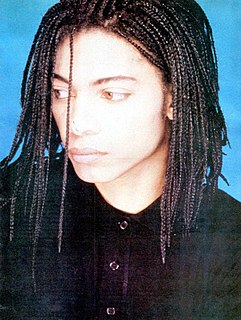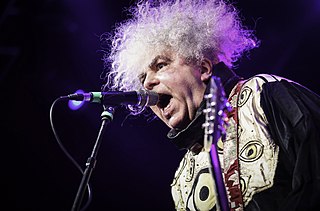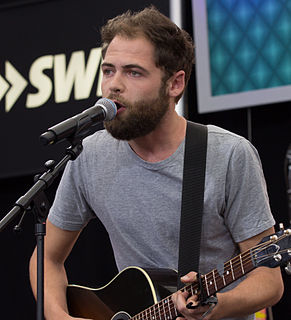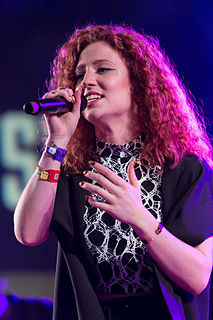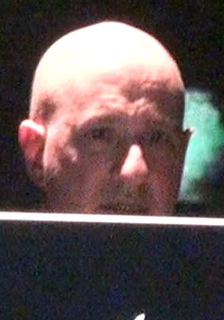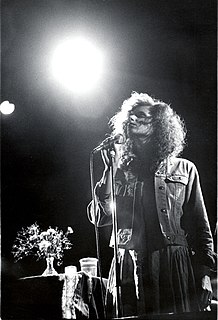A Quote by Terence Trent D'Arby
Songs come to me and I hear them. At least in part, they are very complete; I hear the whole chorus, including the drum pattern, the base, the countermelody, the basic harmonic structure and the main thrust of the lyric.
Related Quotes
Normally you'll have a structure to a song. You'll have an intro to a verse to a pre-chorus to a chorus, kinda repeat that, maybe there's a bridge, then you'll go out on a chorus - that's the quintessential song structure - sometimes you might do a fake-out, re-do a pre-chorus but the chorus doesn't come until later, but for the most part you follow these tried and true structures.
It is raining and you can hear the pattern of the drops. You can hear it with your ears, or you can hear it out of that deep silence. If you hear it with complete silence of the mind, then the beauty of it is such that cannot be put into words or onto canvas, because that beauty is something beyond self-expression .
One of my main problems with music is that the basic formula is always the same: verse, chorus, verse, chorus, bridge, verse, chorus, chorus, chorus, end. One of the bands that changed that was The Beatles. If you listen to 'Everybody's Got Something to Hide Except Me and My Monkey.' It's three verses, bridge, end.
I've gotten a lot of young gay kids come up to me and talk to me about how the little things I've said in the press has helped them come out to their parents, or just be open with who they are, and feeling invigorated by that. So that honestly means a lot to me to hear that the things that I say in the press, they do hear, and they see, and it helps them at least to start the conversation.
What I've learned from my gurus is that when you hear music, you hear a person, or you hear people, and you hear everything about them in those moments. They reveal themselves in ways that cannot be revealed any other way, and it contains historical truths because of that. To me, that is the most important thing. It shouldn't be a footnote, or the last chapter. It should be the complete thesis about a book on listening.
Most people don't take some things into consideration. When they hear an album, they hear the artist or they hear the lyric or they hear the melody. But they don't really think about the environment in which it was recorded, which is so important. It's that thing that determines what the album sounds like.
I find it hard to write with writers sometimes because of their way of writing. Some are heavily focused on structure, but I have more of a 'Let's go with it' mindset. I like to be creative, and when I hear something that inspires me, I'll come up with a melody, a lyric to that melody, and take it from there. I try to keep it open.
Songs start with my bringing in the basic riffs for what you might call a verse and a chorus, an A and a B part...whatever. And sometimes a C and even a D. That's kind of the easy, or at least easier part. The hard part is finding that special, perfect way to order things - how many times to do A before B and back and how the second verse differs from the first. That's all we got.
Well, you know, when you're putting together a show, you've got to be careful not to load it up with the new stuff. We have to play the songs that people want to hear, too. People may come thinking, "Oh, I've just got to hear this song." Or maybe they'll write me a letter saying a certain song is really meaningful to them, so we'll be sure to play those songs.
